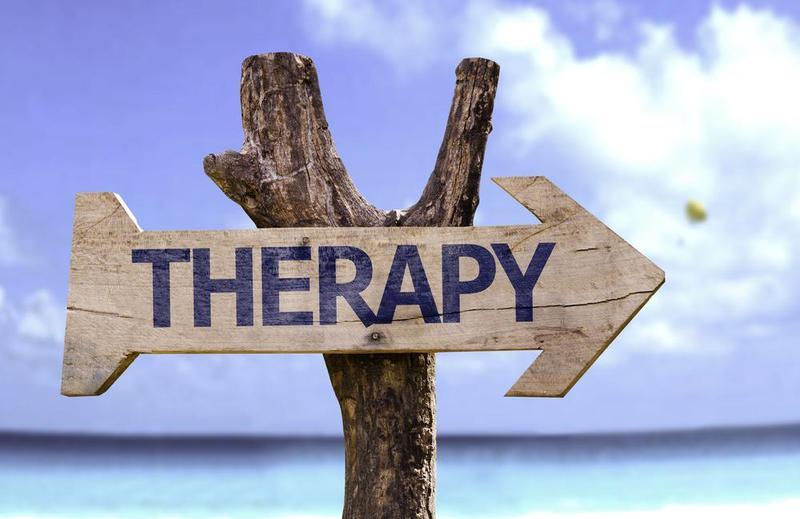Recreational Therapy (Essential Guide and Benefits)
Recreational Therapy (Essential Guide and Benefits)
What is Recreational Therapy?
Recreational therapy, also famous as therapeutic recreation, is a systematic method that uses recreation and other activity-based interventions to meet the evaluated needs of individuals with ailments and/or disabling conditions, as a means to psychological and physical health, recovery and well-being. Then, “Therapy” means a treatment service created to restore, remediate and rehabilitate a person’s level of functioning and independence in life activities, to foster health and wellness as well as lower or eliminate the activity limitations and restrictions to participation in life situations caused by a disease or disabling condition.
Recreational therapy is not all fun and games. There is a goal behind the activities that are specifically aimed to each patient. When individuals are suffering from a physical injury or mental illness, they need help learning, not only how to live with their disability, but to increase their quality of life by lowering the isolation that patients experience and helping them to participate in leisure activities.
Recreational therapists (RTs) seek to lower depression, stress and anxiety in their clients and help them create confidence and socialize in their community.
Recreational therapy enhances quality of life and productivity for individuals with disabilities.
How are Recreational Therapies different from other therapies?
Recreational Therapy (RT) embraces a definition of “health” that includes not only the absence of “illness,” but extends to enhancement of physical, cognitive, emotional, social and leisure development so individuals can take part fully and independently in selected life goals. The unique feature of RT that makes it different from other therapies is the use of recreational modalities in the created intervention strategies. RT is very individualized to each person by his or her past, present and future interests and lifestyle. The recreational therapist has a unique perspective regarding the social, cognitive, physical, and leisure needs of the patient. Incorporating client’s interests, and the client’s family and/or community makes the therapy process meaningful and relevant. Recreational therapists weave the concept of healthy living into treatment to ensure not only improved functioning, but also to increase independence and successful involvement in all aspects of life.
Who provides recreational therapy services?
Recreational therapy is provided by professional experts known as Certified Therapeutic Recreation Specialists (CTRS). Requirements to be become a CTRS include a Bachelor’s degree or higher from an accredited university, a formal clinical internship and passing a national competency exam. The National Council for Therapeutic Recreation Certification (NCTRC) oversees the credentialing process. Several states also require recreational therapists to be licensed within their states.
Where is recreational therapy provided?
Recreational therapy is provided in a variety of settings where the therapeutic method is used. This process involves evaluation of an individual’s needs and functioning, planning of interventions, implementation of services, evaluation of interventions and client progress and documentation (APIED) of services provided.
Recreational therapists practice in settings like inpatient and outpatient physical rehabilitation, inpatient and outpatient mental health, skilled nursing facilities and assisted living, adult day programs, park and recreation, adapted sports programs, acute care hospitals, pediatric hospitals and programs and school systems to name a few places.
Who can benefit from recreational therapy?
Studies show that recreational therapy gives a set of positive health benefits for individuals of all ages with physical disabilities, older adults, individuals with psychiatric disorders, pediatric patients, youth at risk and people with developmental disabilities or brain injuries.
How is Recreational therapy beneficial?
Recreational Therapy is an integral part of a patient’s treatment, as well as a service benefiting consumers of community services. Recreational Therapy enhances participant outcomes and reduces healthcare costs by:
- Providing active, results focused care which achieves outcome
- Allowing the generalization of skill developed in treatment to their home and community environments
- Decreasing the impact of primary and secondary disabilities
- Giving treatment through cost effective means such as in small and large group settings
- Serving as a cost-effective means to improve or replace other more costly services
- Addressing the whole person with the focus on improving independent functioning within physical, social, cognitive and emotional domains
- Training individuals to identify and utilize community resources that enable independent functioning
- Concentrating on skills that carry over to daily life and can make a difference in a person’s quality of life
- Providing a diversity of interventions which are cost effective, add value and have significant durability across an individual’s lifespan.
How can I get recreational therapy services?
Many health care facilities have a therapy referral process in place and include RT/TR as part of their standard referral process for other ordered therapies and services. Once the referral for RT is made, typically by the physician or health care professional responsible for the client’s care an assessment should be completed by the CTRS. On many inpatient program units a normal order is provided for each new resident “to evaluate for RT/TR services”. Clients from outpatient, home health or community programs may also be appropriate for RT, and the referral is done on a case-by-case basis.
Be the first to post a message!
